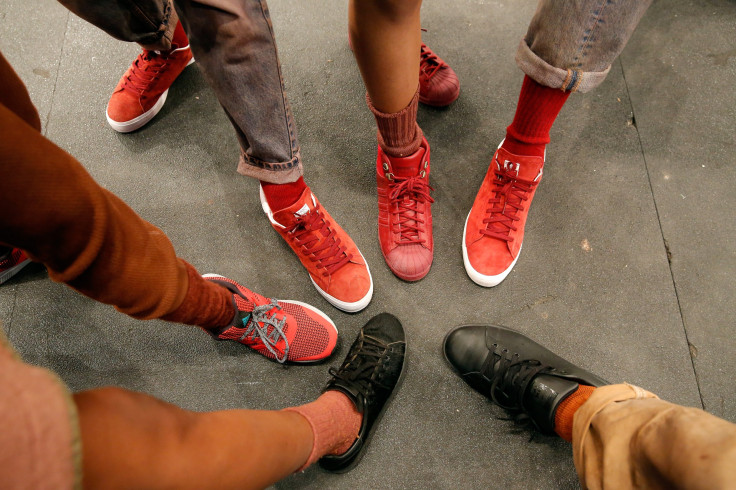Blockchain Technology Could Solve The Problem Of Fake Sneakers

Collecting sneakers has becoming a multimillion-dollar industry, with rare limited-edition sneakers selling for many multiples of their retail price on the secondary market. With such interest inevitably come those seeking to take advantage, with the problem of fakes seriously damaging the market. Step forward, Chronicled.
The Silicon Valley company has just raised $3.42 million in seed funding, led by Mandra Capital, a prominent Hong Kong-based venture capital firm, to continue development of its system of verifying the authenticity of sneakers by using the blockchain technology that underpins bitcoin. Chronicled’s idea is to create an open-source, distributed and decentralized ledger of sneakers — and other luxury and collectible goods — making it much more difficult for anyone to pass off a fake as real.
Chronicled plans to use the blockchain technology to create an anonymous and encrypted registry of sneakers to increase the trust buyers have in sellers. This registry will work with “smart tags” that Chronicled has developed to identify authentic brand sneakers. Chronicled will work with retailers and manufacturers to help build a trusted network.
The smart tags, which can be worn on the outside or inside of the shoe, are encrypted and tamper-proof, according to the company, and can be scanned using a smartphone to show the provenance of the shoes. Collectors will be able to track and display their sneaker collections within the Chronicled app.
The company is hoping to launch its product in April and believes there is a huge opportunity to scale the technology beyond sneakers. “Collectible and vintage sneakers are just the beginning,” said Dan Morehead, a partner at Pantera Capital, which also took part in the latest funding round. “Authenticity verification and provenance of luxury goods and other physical items is a huge untapped market, and due to privacy concerns, consumers will want to own the data history associated with their physical property, which is a benefit of a blockchain-based back-end.”
A blockchain is a piece of software that allows for the dencentralized, distributed, anonymous and transparent recording of transactions, such as the purchase of a pair of sneakers. Because it is not controlled by a single person or company, it is inherently more reliable and the technology is being developed for a range of applications, including financial trading, real estate and to record sales of precious stones.
Collecting sneakers — and “sneakerheads,” the name given to their collectors — has been a phenomenon since the 1970s, when brands gave limited-edition shoes to the best street basketball players. But it was the advent of the internet and collaborations with stars like Michael Jordan, LeBron James and most recently Kanye West that really kicked off the secondary market for sneakers — a market today estimated to be worth more than $1 billion.
Today limited-edition sneaker launches draw huge crowds outside sports stores, and some wait in line for weeks just to get their hands on the shoes before instantly selling them on eBay for four or fives times the retail price.
Just about all major sneaker brands are plagued by fakes, including Nike, Adidas and Reebok. According to Chronicled, up to 75 percent of the sneakers sold on eBay are fakes, and the Economist estimates that fake goods sold each year amount to as much as $1.8 trillion.
© Copyright IBTimes 2024. All rights reserved.












